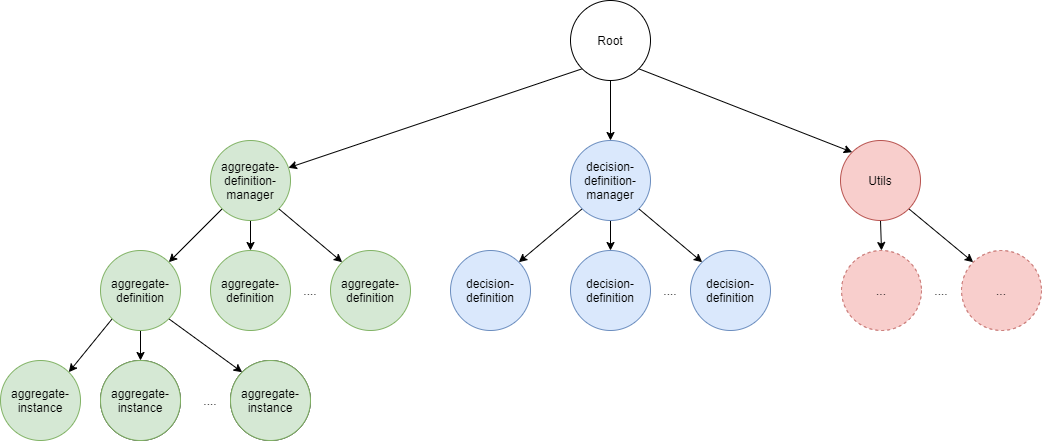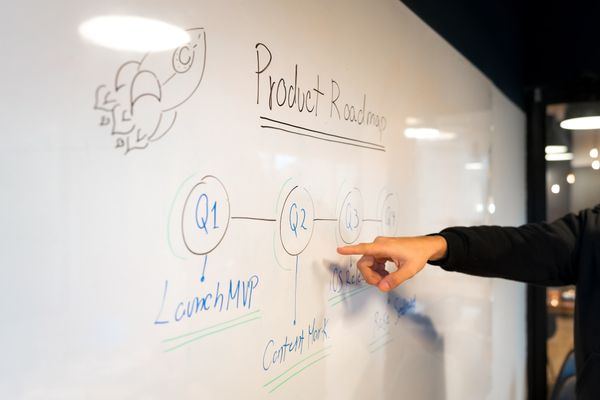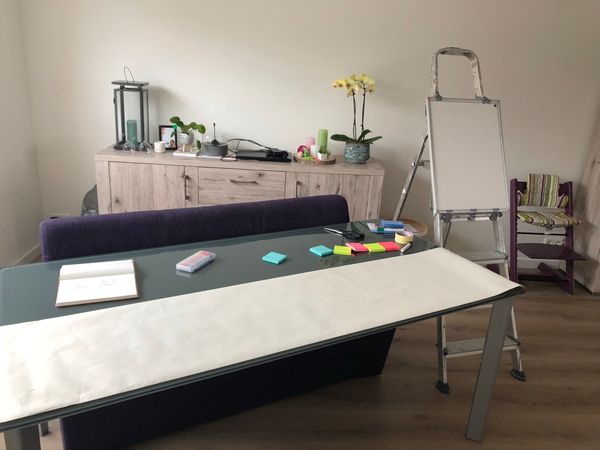Welcome to our blog
I never had a blog before, nor did I share much on social media, so why start now? Well, a little over a year ago Delano and I were discussing the Gartner expectation that in the next 5 years no-code & low-code platforms will dominate the industry. This was during the last 2 months before the intensive working from home period started, so we discussed the topic of no-code at length.
It became a pattern, every day at lunch we talked about no-code, what we liked about those platforms and what we didn't like. We compared experiences with a low-code integration platform we use at our employer, a very powerful tool, yet frustrating at times for high coders like us.
Comparisons became hypothesis, what would we expect from a no-code platform? Partially inspired by a talk from Bret Victor an idea was born, a fairly technology-driven idea based on actors, hastily we started hacking away for a Proof of Concept (PoC). And although the PoC had a successful result, we nearly killed our idea with too much-unearned complexity. And although a technology-driven idea based on actors is still interesting, in essential it had not much to do with no-code environments but had more to do with serverless computing, it was not our core idea that started it all.

If the idea of serverless computing with the aid of actors speaks to you, take a look at cloudstate.io I only learned about this movement after I build our first PoC. It looks very promising, perhaps someday I'll try something with the managed cloudstate service, but for now, we have to focus on other things.
So we pivoted back to our core, visual programming for complex business apps. We started a series of PoC's very carefully weighing "is it something we need?" to answer the question "Could the thing we want, be done?"
Some people say building software is an art, other people approach designing software as an academic process. I believe it can be both based on the context your working in for a specific design, but, building software is undoubtfully a creative process. Software is rarely static, most of the time software is moving and evolving, and by following the process you can extrapolate the direction it is aiming at. And isn't that significantly more interesting than a static view where we have been?
Our experiment started a year ago, and yet this is just the beginning. We learned a lot during the last year, so let's see how far this rocketship goes!
writing really helps you clean up your thoughts - Gregor Hohpe




